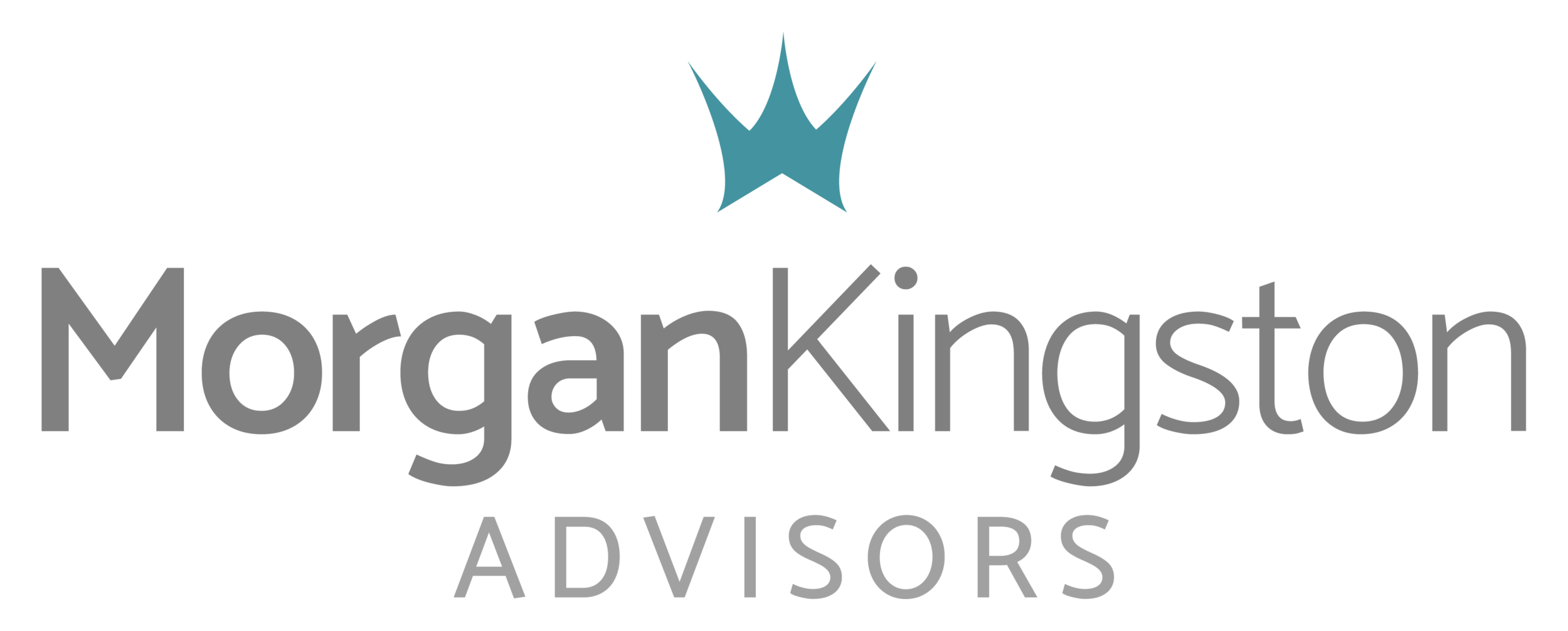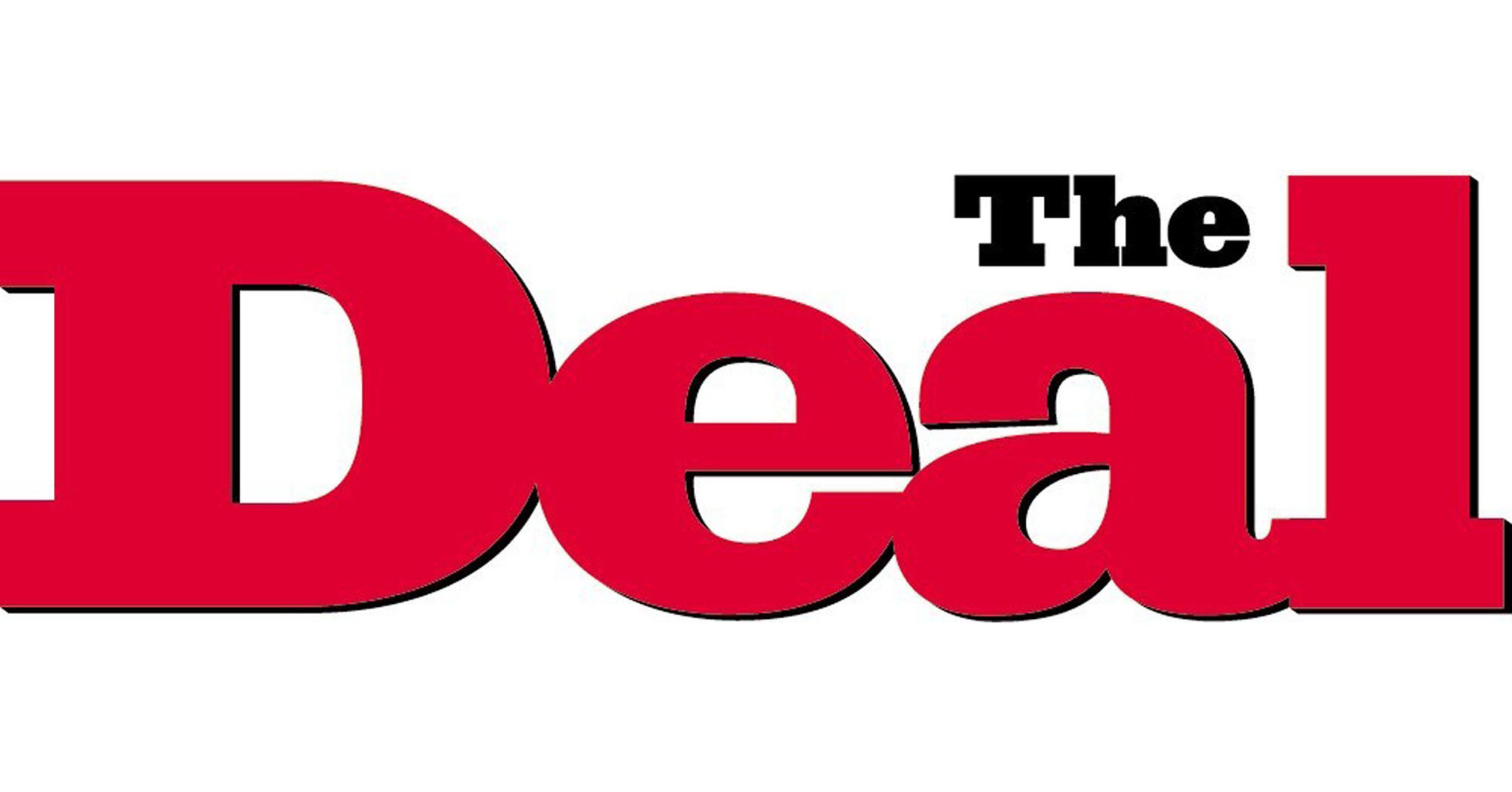News: Restaurant Dealmakers Expect Year of Haves, Have-Nots
After a slowdown in restaurant dealmaking, top middle market restaurant bankers anticipate buyers will focus on top-tier brands and dining formats such as QSR and casual while distressed activity also picks up pace.
By Nikitha Sattiraju
January 13, 2023 05:05 PM
Dealmaking in the restaurant industry will be marked by flight to quality and an uptick in distress deals in 2023 as last year’s market volatility persists in the first half, say financial advisers.
“We're starting to see a fair amount of distressed activity, but at the same time, great companies in limited and full-service are still commanding interest in the market,” said Joshua Benn, global head of consumer investment banking at Kroll LLC, one of the busiest restaurant investment bankers that has advised businesses such as Johnny Rockets Group Inc., Global Franchise Group LLC, FAT Brands Inc. and Primanti Bros. in the last three years.
The restaurant industry’s dealmaking streak hit a skid last year after record M&A in 2021, as labor shortages, cost inflation and supply chain troubles dented profits and spooked buyers at all-time high valuations.
Though private equity remains cautious amid fears of a recession and tight credit markets, sponsors still have a lot of capital to deploy, which will bring them back to the table for top tier brands this year. Strategics meanwhile, will continue to consolidate in the industry to build scale and develop multi-brand portfolios.
“Brands that are unique, are putting up strong unit economics, have broad appeal, have proven they can scale and have strong management teams, are the ones that are going to be able to transact in this market,” said Ashish Seth, managing director at Arlington Capital Advisors LLC, which advises middle market growth concepts such as Swig, Velvet Taco and Anthony’s Pizza Holding Co. LLC. “It’s going to be a year of haves and have-nots.”
Deals on the Menu
The most active middle market restaurant bankers, including Kroll, Piper Sandler Cos. and Arlington Capital are gearing up for a busy year that will see arange of transactions, particularly in the second half of 2023, advisers at the firms said.
"We have a full pipeline of restaurant transactions," said Damon Chandik, co-head of consumer investment banking at Piper Sandler. "We're just evaluating timing for launch based on the economy, that is, the risk of recession, inflation and availability of credit."
Dealmakers anticipate a greater focus on growth capital and financings this year due to the credit crunch. While investment and valuations will depend on the profitability of brands, food categories that are large and have strong growth opportunities such as Mexican and chicken, along with dining formats such as quick-service will continue to attract investors.
There is also growing interest among consumers and investors in experiential and activity based concepts such as bowling and golfing concepts.
“One of the things that will characterize this year’s M&A is that there's likely going to be a lot more transaction activity in experiential food and beverage such as golfing, bowling concepts or cart-racing concepts and Formula 1 cafes,” said Benn at Kroll, who advised bowling concept Bowl America Inc. on its sale to Bowlero in 2021. “There's definitely a lot of interest in the category broadly and I think that will lead to a lot strategic transaction activity as well as equity financing.”
In the lower middle market too, fast casual and polished casual restaurants that offer an experience will be of interest to investors, said Susan Miller, co-founder of Morgan Kingston Advisors LLC.
Within fast causal, Miller anticipates that brands with options for multi course meals or beer and wine will be more attractive than the “scoop and serve” part of the category.
That said, having an actionable growth pipeline is key for these businesses, according to Miller. The brands that have opened stores in the last 12 months, or least have sites under construction for the next 12 to 24 months, and can prove that these new stores have unit economics similar to or better than their legacy stores, will command premium valuations, she said.
Morgan Kingston, which is starting the year with four deals in its pipeline, is optimistic about M&A in the lower middle market, which typically includes businesses with $2 million to $25 million in corporate Ebitda, and is more insulated from market swings. The firm has advised on businesses such as fast casual bistro chain Bellagreen on its sale to Ampex Brands LLC and Detroit-style pizza chain Via 313 Pizzeria on its acquisition by Savory Fund between 2020 and 2022.
Some private equity buyers are also looking to roll up franchisees of high-performing quick-service restaurant brands to create large platforms.
The Taco Bell system for instance, saw multiple such deals in the last three years such as Orangewood Partners LLC , for instance bought the 250-locationVancouver, Wash.-based Taco Bell franchisee Pacific Bells Inc. while Mubadala Capital acquired Fayetteville, Ark.-based K-Mac Enterprises Inc., the second largest Taco Bell franchisee, both for undisclosed amounts in 2021.
Meanwhile, highly levered companies that will have a harder time making payments as interest rates tick up will look to make distress sales, said Chandik, who is currently advising on one such transaction.
Franchisees in big burger systems in particular are facing distress as beef prices remain high, Benn said. These businesses, which already have to pay a royalty fee to the corporate parent, see more pressure on their margins in inflated cost environment.
And though the IPO market remains closed, there are several brands still interested in going public, said Chandik, who most recently advised companies such as Portillo Restaurant Group Inc. and First Watch Restaurants Inc. on their offerings. The firm is currently advising at least seven restaurant brands on different forms of registration though all of them are effectively on hold until market volatility subsides.
Strategics Drive M&A
Though the first half of the year will likely be slow on the M&A front, strategic buyers will remain active and propel much of the dealmaking in the restaurant industry as they diversify their brand portfolios, invest in technology and acquire real estate.
“There are a number of strategics out there that are looking to make acquisitions in the space, and I think we will continue to see activity there,” said Chandik. Piper Sandler is a frequent sell-side adviser to public restaurant brands, particularly in sales to other strategic buyers, having worked on transactions such as Del Taco Restaurants Inc. (TACO) sale to Jack in the Box Inc. (JACK) and J. Alexander’s Holdings Inc. take-private by SPB Hospitality LLC, both in2021.
Strategic buyers want to give their franchisee bases, which can become restricted to certain regions after a certain point with existing brands, options for additional growth through new concepts. Pizza Hut, Taco Bell and KFC owner Yum! Brands, for instance, acquired fast casual burger chain Habit Restaurants Inc. for $375 million in 2020 in a move that brought a new food category and dining format under its umbrella.
Moreover, these buyers are looking to leverage customer data and revenue synergies from loyalty programs by acquiring smaller brands, according to Chandik. Others are using acquisitions to acquire real estate and add new stores in a more cost-effective and timely manner instead of constructing new locations—the costs of which are high in the current interest rate environment.
Strategics are also in a position to finance deals with cash on their balance sheet or equity without relying on acquisition debt financing, giving them an edge over financial sponsors in certain sale processes, Seth at Arlington Capital said.
Dine Brands Global Inc. (DINE), for instance wrote an $80 million cash check to acquire Fuzzy’s Taco Shop in December, according to Seth who served as sell-side adviser on the transaction.
More Deals to Reach Close
The second quarter of 2022 saw the start of a widening valuation gap between buyers and sellers in the sector that either prolonged processes or got them pulled from the market. But that gap in expectations between parties on eitherside of the table is reducing this year, pushing more transactions over the finishline.
“There were a lot of deals that people took to market last year that did not get completed because sellers had some residual optimism from first quarter while buyers became increasingly concerned over the macro environment,” Benn said. “I think as we head into 2023, there will likely be more alignment among expectations and reality, that's going to lead to more completed transactions.”
Valuations for middle market businesses came in at nine to 10 times Ebitda multiple in recent times. Sentinel Capital Partners LLC, for instance sold Fazoli's Group Inc. to FAT Brands for $130 million, or about nine times Ebitda in 2021. Del Taco's $575 million sale to Jack in the Box valued the business at 10 times Ebitda while Firehouse Brands International Inc. nabbed a 20 times Ebitda valuation on its $1 billion sale to Restaurant Brands International Inc. the same year And Wetzel's Pretzel is said to have attracted a 10 times Ebitda multiple on its sale to MTY Group Inc. in November, as The Deal previously reported.
As the macroeconomic environment got tougher in 2022, financial sponsors in particular, lowered their valuations for businesses with some looking to pay less than eight times Ebitda for high-performing brands, sources said.
Even so, its possible for businesses with high store-level Ebitda margins, double-digit same store growth rates and a strong new location pipeline to get premium double-digit valuations.
"If it’s a great company that likely won’t be impacted by a recession and doesn’t require a lot of bank financing then multiples are well into the double digits," Chandik at Piper Sandler. "If there is a risk that the business will drop off significantly and/or the deal requires significant leverage then it probably makes sense to wait until the market improves."
Despite the uncertainty, dealmakers are bullish on the sector's recovery.
“It’s a very resilient industry,” said Chandik. “There will be winners and losers, with entrepreneurs starting new categories and other companies that will go out of business, but the industry is not going away, it's just changing and evolving.”



